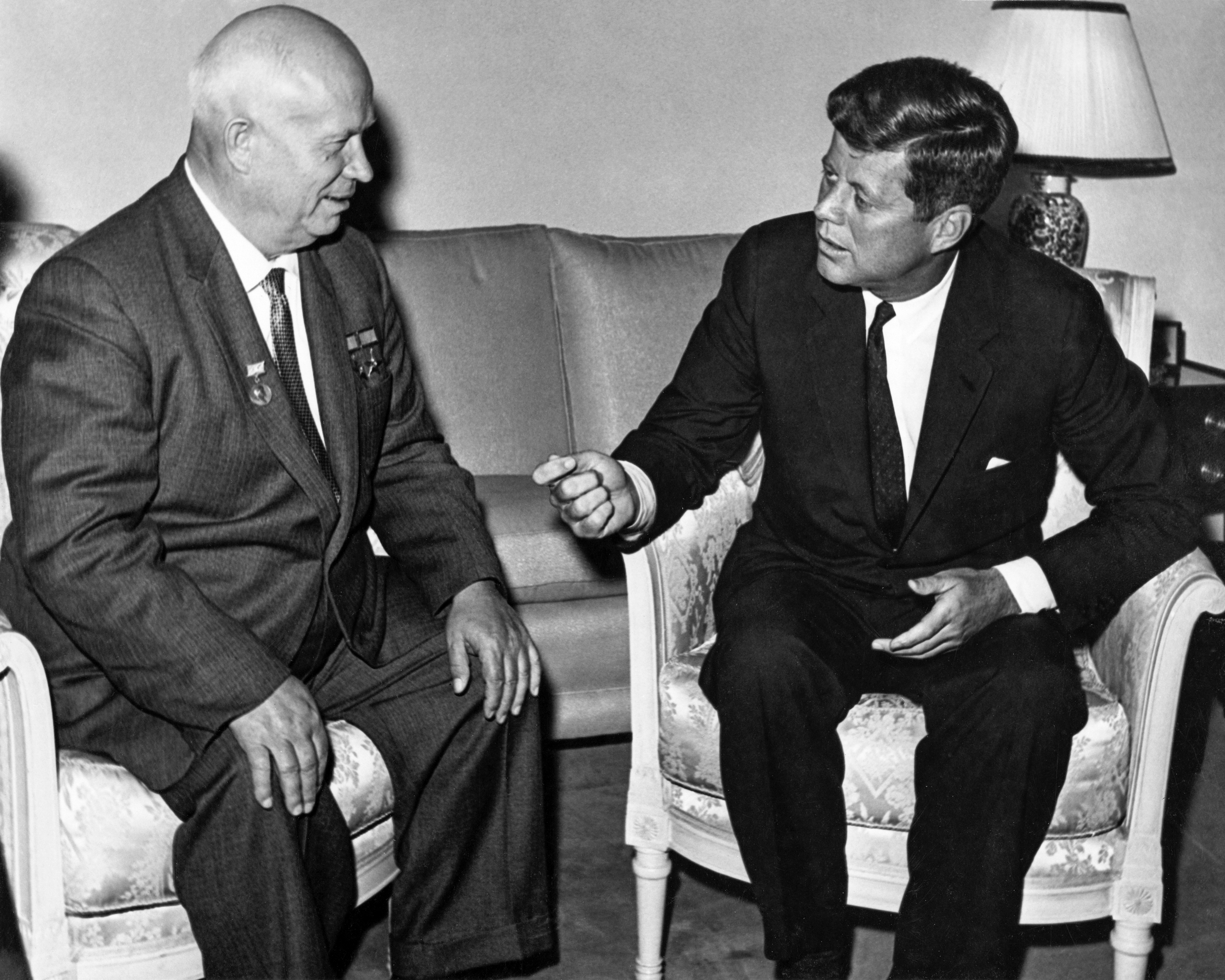 February 10th, 2007 – This weekend, the 43rd
February 10th, 2007 – This weekend, the 43rd In what some are calling a declaration for a new cold war and others are calling a burst of steam from a frustrated and once powerful country, president Putin accused the
One could very well agree with
Previous Russian and soviet heads of state have made similar speeches on the superiority of the United-States as a threat and provocation against the free and democratic world. Stalin, Khrushchev, Brejnev, Andropov and Gorbatchev to a lesser extent, have feared for the state of international cooperation in the face of the growing nuclear, imperialist and capitalist threat personified by the Americans.
For me, Putin’s speech, like the ones of his predecessors have very little weight coming from a country where liberty and democracy are not only novelties but also things that are limited and controlled. At the conference, Senator John McCain echoed this sentiment by affirming that it was rather an autocratic
In 1962, the U.S.S.R head of the communist party, Nikita Khrushchev, made similar concerns known about President Kennedy’s involvement in African and Asian affairs. He was calling attention to the hegemony of intricate alliances that the Americans were making internationally. At the very same time, Khrushchev was installing ballistic missiles in
Without dismissing the Russian claim at the 2007 security conference, the heads of state for that country have an unfortunately well documented history of a pot calling the kettle b lack.
lack.
(Pictured: Gorbatchev and Kennedy, during the Cuban missile crisis - Vladimir Putin at the conference saying hmmmm.)
End.




1 comment:
well caught...While it is shaky grounds to get involved in lots of things (on the part of the US) it also seems to me an oversight to ignore one's own lack of involvement in improvement of internal affairs (on the part of Russia).
Post a Comment